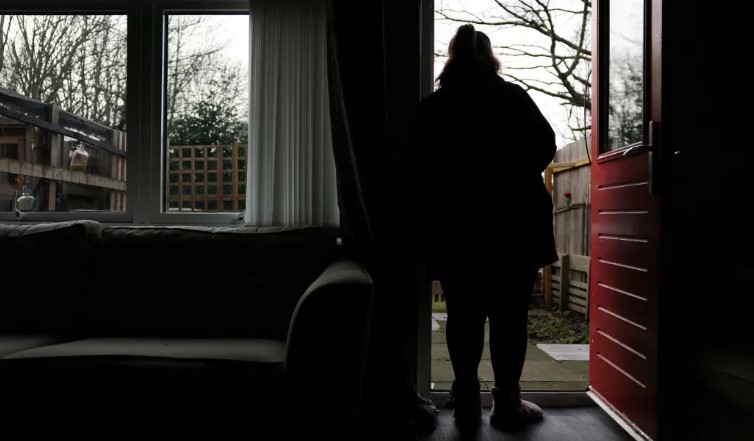A recent government-commissioned report in the United Kingdom has revealed troubling facts about child sexual abuse by so-called “grooming gangs.”
Troubling Findings on Grooming Gangs from the Casey Report
The report, called the Casey Report, shows that many of the men involved in these crimes are of Pakistani or South Asian background, especially in certain towns. This finding goes against earlier government reports that said most of the offenders were white men.
The Casey Report says that ethnicity data is missing for two-thirds of all offenders in the national system. But local records from different towns tell a different story. For example, in Rotherham, authorities identified 64% of suspects as having a Pakistani background, even though people of Pakistani origin make up only 4% of the local population. Authorities also recorded 62% of those convicted in Rotherham as having Pakistani backgrounds, while only 22% were recorded as British.
Despite this, many authorities have avoided discussing the ethnicity of the offenders. The report says some local leaders feared that people would call them racist or accuse them of causing problems between different communities. It also found that some senior officials discouraged police forces from talking about successful arrests when the criminals were of Asian background. Instead of addressing the problem, some officials tried to hide it.
Flawed Data and Misleading Headlines
In 2020, the UK Home Office released a paper suggesting that most grooming gang offenders were white. The media used this to claim that the idea of “Asian grooming gangs” was false. But the Casey Report disagrees with that claim. It says it was difficult to understand how the Home Office reached that conclusion, especially since a lot of the national data is incomplete or flawed.
Pakistan’s War Toys Exposed—India Gains Secret Data on J-10, PL-15, and Turkish Drones
In its deep look into 50 local reports about child sexual exploitation, the Casey Report found that only 15 towns had clear records of offenders’ ethnicity. Out of those, 10 towns showed a clear majority of offenders were Asian or Pakistani men. These findings directly challenge the belief that white men are the main offenders in group-based child sexual abuse.
The report also criticizes how authorities handle data. It says many cases leave out ethnicity details, which allows people to twist the facts. In some cases, authorities used the missing data to claim that the issue of Asian grooming gangs is exaggerated or not real.
The report raises even more concern about how health services and government departments handle data. It says they often avoid tracking or sharing information about child sexual abuse. The authors of the report tried to collect more detailed records. They reached out to the Department for Health & Social Care and the Government of Wales. But only the Sexual Assault Referral Centers in England gave them limited data.
Grooming Gangs, Cultural Silence, and Forgotten Victims
The Casey Report paints a very dark picture of the victims’ experiences. These were not just one-time crimes. The report talks about gang rapes, beatings, forced abortions, and children being passed around among men. One heartbreaking case described a 16-year-old girl who was trafficked and advertised online as an adult sex worker. In just four days, 25 men visited her.
The victims were mostly girls between the ages of 10 and 15, and about 57% of them were in this age group. Many had disabilities, did not understand the abuse, or were afraid to tell anyone. Some perpetrators even forced victims to bring in other children. Authorities identified around 78% of the victims as girls, but they did not always record the victims’ ethnicity.
Some judges in these cases made comments that shocked the researchers. In one 2024 case, a judge described a 13-year-old girl who was abused as “older than 13” and “promiscuous.” The report says prosecutors dropped or reduced the severity of many cases because they believed that children could consent to sexual activity, even though UK law sets the age of consent at 16.
Rafale Under Fire—Not by Missiles, But by China-Pakistan’s Deadly Online Propaganda Machine
The report also examines the taxi industry, where perpetrators often used taxis to move victims around. Because some towns license taxi drivers who can operate elsewhere, offenders exploited this loophole to avoid strict rules.
Another worrying sign was that many health clinics didn’t question why underage girls were getting abortions or requesting the morning-after pill repeatedly. This lack of action made it easier for abusers to keep hurting children without getting caught.
The report calls this a system where everyone, from police to health workers to local officials, was too afraid to speak. They were afraid of being called racist or causing tension in the community, so they said nothing. This silence allowed the abuse to continue for years in some places.

